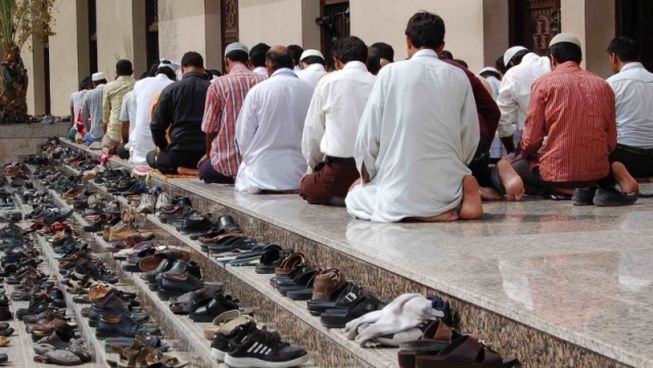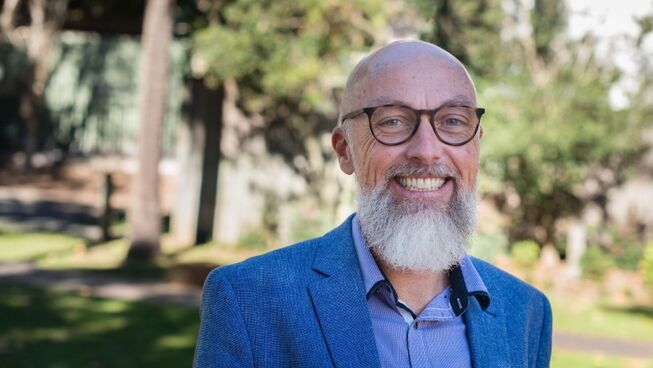Christchurch in an age of connectivity

A lot of blood, tears and ink have been spilled over last week’s horror in Christchurch.
Many of the fifty funerals are underway already, in keeping with the Muslim tradition of burials being conducted as soon as possible after death.
The last burial may take place by the end of the week, but a city renowned for earthquakes will find that the aftershocks from this event will last much longer than from any natural disaster.
The rest of the Western world is reeling from this too, as every newspaper and news website indicates. The more we read about it the more we realise there is an alternate universe online; a subterranean world of violence and racism that operates within a continual feedback loop.
Part of the shock is that it’s happened “among us”. We in the West are almost inured to church and mosque bombings in countries we could never find on a map. That’s over there. That’s not here. That’s not us. We’re better than that. At least we like to convince ourselves of such notions.
And so much of it is mediated to us via social media. I can’t help but contrast what we see daily online, the atrocities that Facebook, Instagram and Twitter struggled to shut down last week, with the sparkly advertising of the smart phone companies such as Samsung, and their almost utopian call to a world to become more connected.
Being connected gives and it takes away. When smartphones first came to the fore most companies didn’t realise that those in the developing world would become such a big users of the technology. Too pricey, they thought. But no.
Those in the developing world realised that their futures lay in being connected and they were willing to pay a substantial part of their incomes to gain such connectivity. Unfortunately so was global terrorism, which is why thoroughly medieval organisations like ISIS became so tech savvy.
And now this. The reality version of an “R” rated Xbox game, replete with all the irony, dark humour and savagery that smart scriptwriters in places such as Silicon Valley dream up as part of their job description.
One bright spot, if there can be one among such dark times, is that when we are face-to-face with people, seeing them as such, and not as avatars to be slaughtered, something changes in us. Something softens. We see this in the gulf between our online conversations with people we disagree with, and the face to face conversations we may have with that same person.
Though not all of us. Our world is indeed fracturing into tribes, the extremes of whom are only too willing to be as violent in person as they are on line - maybe even more so.
The idea of the image of God in every human being - the imago Dei as it is called in theology, is slipping from our collective consciousness in the West. It’s not fully gone yet, but as the idea of being personally created by a personal Creator recedes from our memories, many people struggle to pinpoint what makes each human so valuable.
Sure we can come up with external reasons as to why we are worthwhile, but when, like last week, those external reasons no longer hold, or are rejected, there’s precious little to fall back on. We have value, dignity and worth because it’s God-given, not human placed. And that means that God alone determines our worth; it’s not the role of our best friend or our worst enemy.
The heartening, and heart-felt, response to Christchurch around the country, and indeed the globe, shows that the imago Dei, while covered over by the moss of our modern secular world that seemingly has no public role for God, cannot remove his fingerprints from his creation all that easily. And that is at least something to work with. It’s our connection to God that gives meaning to our connection to others. And no tech company can manufacture that.


